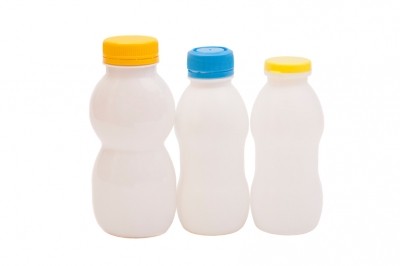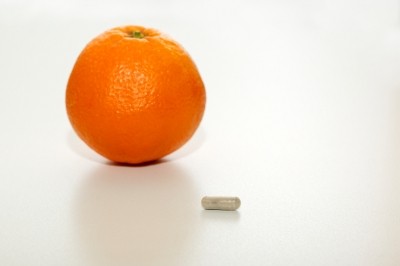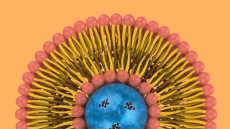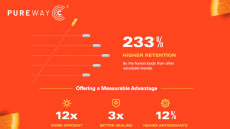Special edition: Immune support
Presenteeism: A new window of opportunity for immune supplements?
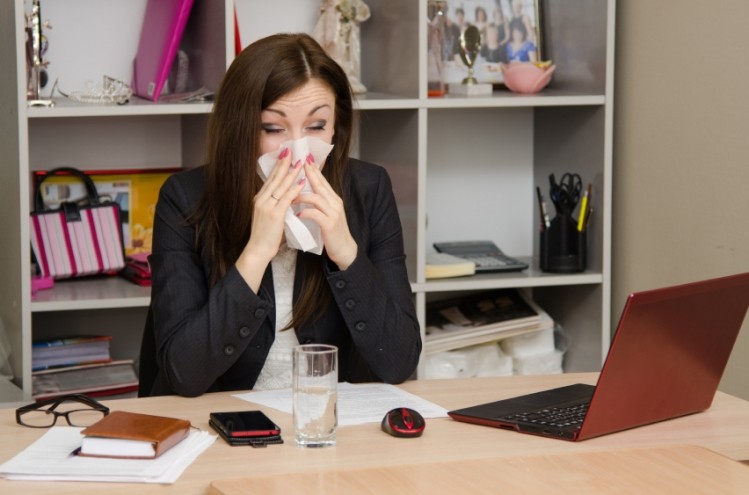
According to 2013 data from the UK’s Office for National Statistics, 131 million days were lost due to sickness absences in the UK, with minor illnesses being the most common reason given.
While it seems like a lot, this figure is actually down from 178 million days in 1993, reflecting a growing trend - presenteeism.
A 2013 survey conducted by Canada Life found that 93% of UK respondents said that they had gone into work despite feeling unwell, while over a third (37%) said they would come into work if they had flu.
Presenteeism
According to an article published in the Oxford Journal of Occupational Health, presenteeism is defined in terms of lost productivity that occurs when employees come to work ill and perform below par because of that illness.
Paul Avis, marketing director of Canada Life Group said: “Anxieties about a heavy workload, risk of redundancy and criticism from other colleagues are preventing employees from taking the sick leave that they need, yet are also no doubt exacerbating certain conditions, particularly those that are stress-related.”
Could all this mean a window of opportunity for immunity-boosting supplements, as workers feel the pressure to perform even when ill?
Be prepared
Immunity is already a principle concern - a 2014 Mintel report found that 41% of those taking vitamins or supplements did so specifically for immune health, and vitamins A and D, iron, zinc and selenium have EU-backed health claims to support normal immune function.
Dr Carrie Ruxton from the Health Supplements Information Service said: “Intakes of [EU-backed] nutrients are inadequate in some populations, particularly women and teenagers. 20% of adults and older children in the UK are clinically deficient in vitamin D while one in ten women are iron deficient.
“We are unlikely to see supplements routinely promoted by the NHS [UK National Health Service] but doctors already recommend routine vitamin D supplementation for young children, elderly and pregnant/lactating women. A healthy diet plus a daily multi-nutrient supplement can help people achieve optimal dietary intakes and support immune function,” she added.
But Mintel analyst Roshida Khanom said that the market was limited: “When it comes to protecting from general sickness, people do not have a mindset of preparing for the worst," she said.
“Data shows that only 16% of people take vitamins or minerals to boost their immune system at the beginning of cold and flu season.”
She said that the category showed no growth in the year ending May 2015, suggesting that consumers were not taking more immune-boosting supplements - but that education could address this.
“Education is a key opportunity in this market. By conveying the benefits of immune boosting and encouraging people to take a more preparatory approach to their health, the market could encourage people to take immune boosting products to avoid sickness in the first place.”
President of the Complementary Medical Association (CMA), Jayney Goddard said she also believed education was crucial, and that seminars led by healthcare workers or webinars would be cost-effective ways to achieve this.
“It’s something we [the CMA] call for constantly at a government level... We need to switch the focus from a National Health Service to a national wellness service.”
Meanwhile, Ruxton confirmed that preventing minor illnesses such as colds or flu was more cost effective than treatment as these conditions were caused by viruses and therefore did not respond to antibiotics.
But for Jill Miller, research adviser at the CIPD, the professional body for HR and people development, presenteeism was a practice that should be actively discouraged.
"Presenteeism isn’t good for the employee and isn’t good for the business. People who take longer to recover from an illness aren’t as productive as usual and are more likely to make costly mistakes," she told NutraIngredients.
"Managers have a key role to play in discouraging presenteeism, and should be challenging this behaviour by having good quality conversations with members of their team."


